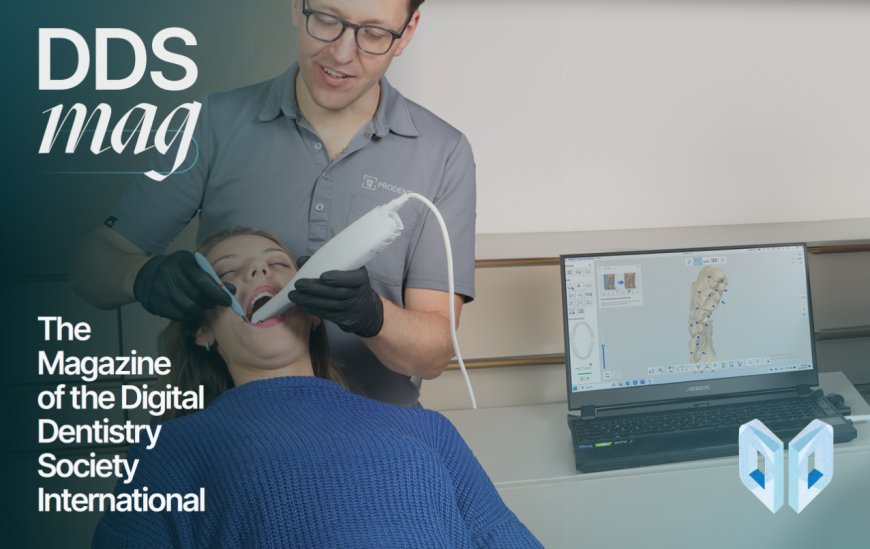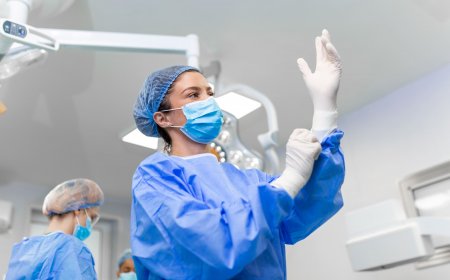The autonomous dental implant robot system of Professor Liu Feng’s team: an innovative method for immediate implantation and immediate repair of retained mandibular deciduous teeth

In the recent "DDS Mag" journal, Professor Liu Feng's team from Peking University School of Stomatology published a striking research result. Their paper "Autonomous dental implant robotic system for immediate implant placement and immediate restoration of a retained mandibular deciduous tooth" demonstrates an autonomous dental implant robotic system, an innovative method for immediate implant placement and immediate restoration of retained mandibular deciduous teeth.
The context of this study is the complexity and precision requirements of dental implant surgery. Traditional surgical methods require doctors to have superb skills and rich experience, and the surgical results are often affected by human factors. In order to solve this problem, Professor Liu Feng's team developed an autonomous dental implant robot system that can automatically perform implant surgeries under the supervision of doctors.
At the heart of this robotic system is an advanced computer-aided design and manufacturing (CAD/CAM) technology that accurately designs and manufactures implants based on CT scans of the patient's mouth. In addition, the system is equipped with a precise navigation system that can track the position and orientation of the implant in real time during the surgery to ensure the accuracy of implantation.
The research results of Professor Liu Feng's team show that this autonomous dental implant robot system shows excellent performance in immediate implantation and immediate repair of retained mandibular deciduous teeth. In their trial, all patients successfully underwent implant surgery and did well during the post-operative recovery period without any serious complications.
The significance of this research is that it not only improves the accuracy and safety of dental implant surgery, but also greatly improves the efficiency of the surgery. By using this robotic system, doctors can complete a large number of implant surgeries in a short period of time with more stable and predictable results.
However, this study also has some limitations. First, such robotic systems are expensive to develop and maintain, which may increase patient treatment costs. Secondly, this system requires doctors to have certain computer skills and robot operation skills, which may limit its application in some areas.
Although this autonomous dental implant robotic system requires further research and improvements, it has already demonstrated its great potential in improving surgical accuracy and efficiency. In addition, with the development of technology, it is foreseeable that more new navigation systems will continue to emerge to provide more accurate and safe solutions for dental implant surgery.
What's Your Reaction?












































